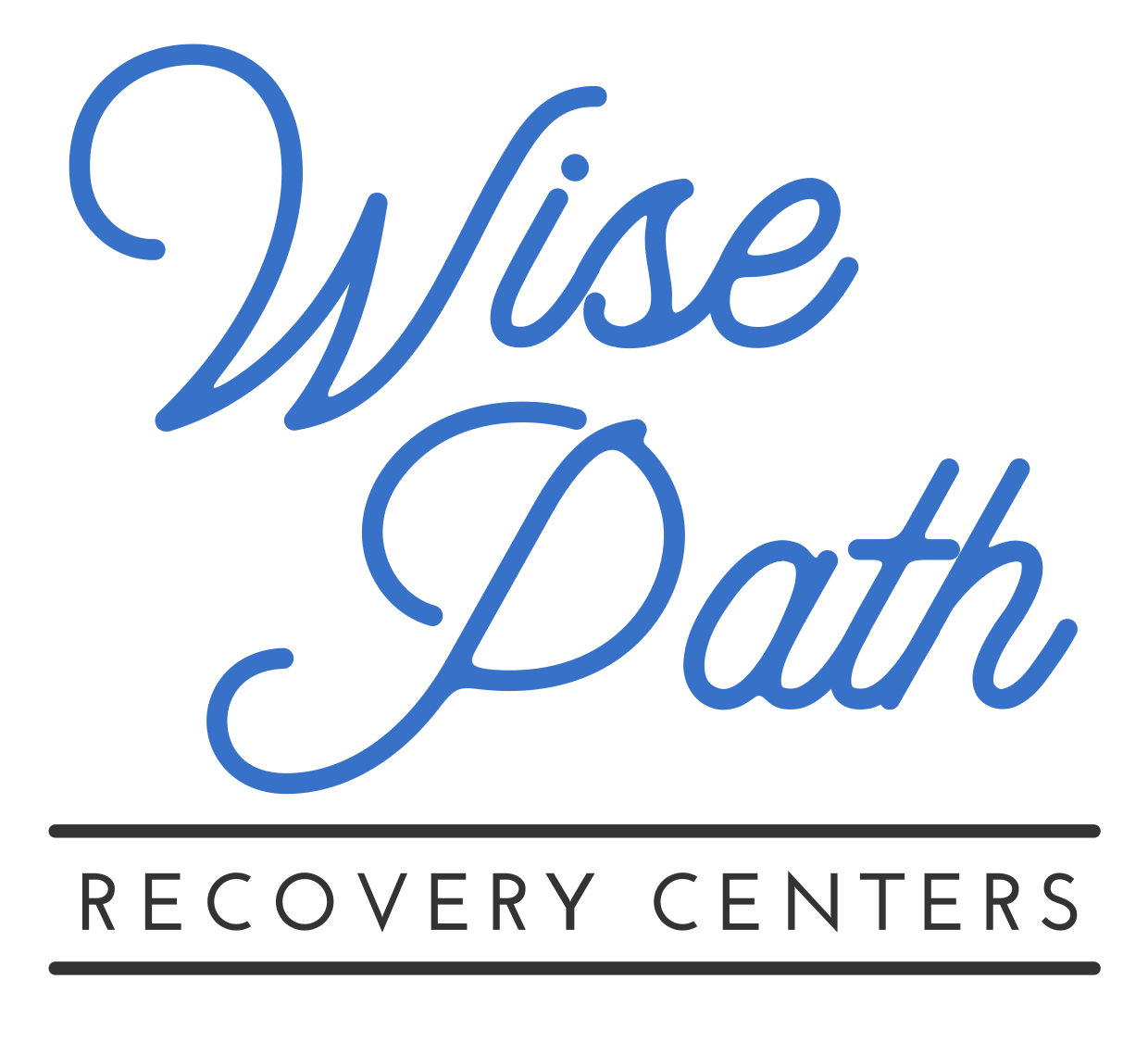Addiction is a deeply complex and challenging journey, one that doesn’t just impact the individual facing it but also the family and loved ones surrounding them. At Wise Path Recovery Centers, we understand that addiction is a family disease, and that’s why we emphasize the significance of family therapy as an integral component of our addiction treatment programs. In this blog post, we will explore why involving the family through family therapy is a cornerstone of successful addiction recovery.
The Healing Power of Family Support
Addiction can be an incredibly isolating experience for both the person struggling and their family members. However, the healing potential of involving the family in the recovery process through family therapy cannot be overstated. Often, addiction strains relationships, disrupts trust, and fosters miscommunication. Family therapy offers a platform for open dialogue, enabling family members to share their feelings, concerns, and experiences in a safe and supportive environment. This process not only nurtures understanding and empathy but also aids in rebuilding the frayed bonds that addiction has strained.
Unveiling Patterns and Triggers
While individual therapy is vital, family therapy has a unique role in addressing the intricate dynamics that contribute to substance use. Family members might inadvertently contribute to enabling addictive behaviors, sometimes due to a lack of awareness or communication gaps. Through family therapy, these patterns are brought to light, examined, and altered collaboratively. By identifying triggers and unhealthy dynamics, the family unit can work together to cultivate an atmosphere that promotes sobriety and well-being.
A Holistic Approach to Recovery
Recovery from addiction is a multi-faceted journey that extends beyond physical detoxification. It encompasses mental, emotional, and relational healing. Family therapy aligns seamlessly with this holistic perspective by addressing not just individual struggles but the broader psychological and interpersonal aspects as well. This comprehensive approach ensures that both the individual in recovery and their family members gain insights into the challenges they collectively face, fostering an environment conducive to sustained recovery.
Shattering Stigma through Unity
Addiction often carries an unfair stigma that can lead those affected to feel ashamed and isolated. When family members get involved and are able to shift their perspectives and reactions concerning substance misuse, it triggers a transformation in the overall family dynamic, according to Substance Abuse and Mental Health Services Administration (SAMHSA). Family therapy can dismantle stigma by creating an atmosphere of understanding, compassion, and acceptance. This, in turn, dispels blame and judgment, laying the foundation for genuine healing and growth.
Enhancing Communication Skills
Family therapy equips participants with tools to communicate more openly, respectfully, and constructively. Learning to voice concerns, set boundaries, and offer positive feedback becomes crucial in navigating the complexities of addiction recovery. By promoting healthy communication, family therapy empowers families to provide steadfast support and encouragement throughout the recovery process.
Sustaining Recovery for the Long Haul
Recovery is not a short-term objective but an ongoing journey. Integrating the family into addiction treatment through family therapy ensures a support network that endures long after formal treatment ends. With education about addiction and equipped with coping strategies, family members become integral components of the individual’s relapse prevention plan. This ongoing involvement significantly bolsters the chances of maintaining sobriety and overall wellness over time.
The impact of addiction is far-reaching, touching the lives of those who care deeply for the individual facing this challenge. Family therapy, a cornerstone of Wise Path Recovery Centers’ approach, recognizes this intricate web of relationships and addresses addiction’s complexities by engaging the family in the recovery process.
By fostering understanding, unity, open communication, and acceptance, family therapy contributes profoundly to a comprehensive and sustainable journey to recovery. Addiction should never be confronted alone, and family therapy ensures that both the individual in recovery and their loved ones stand shoulder-to-shoulder on the path to healing.
Learn more about our addiction treatment services.

